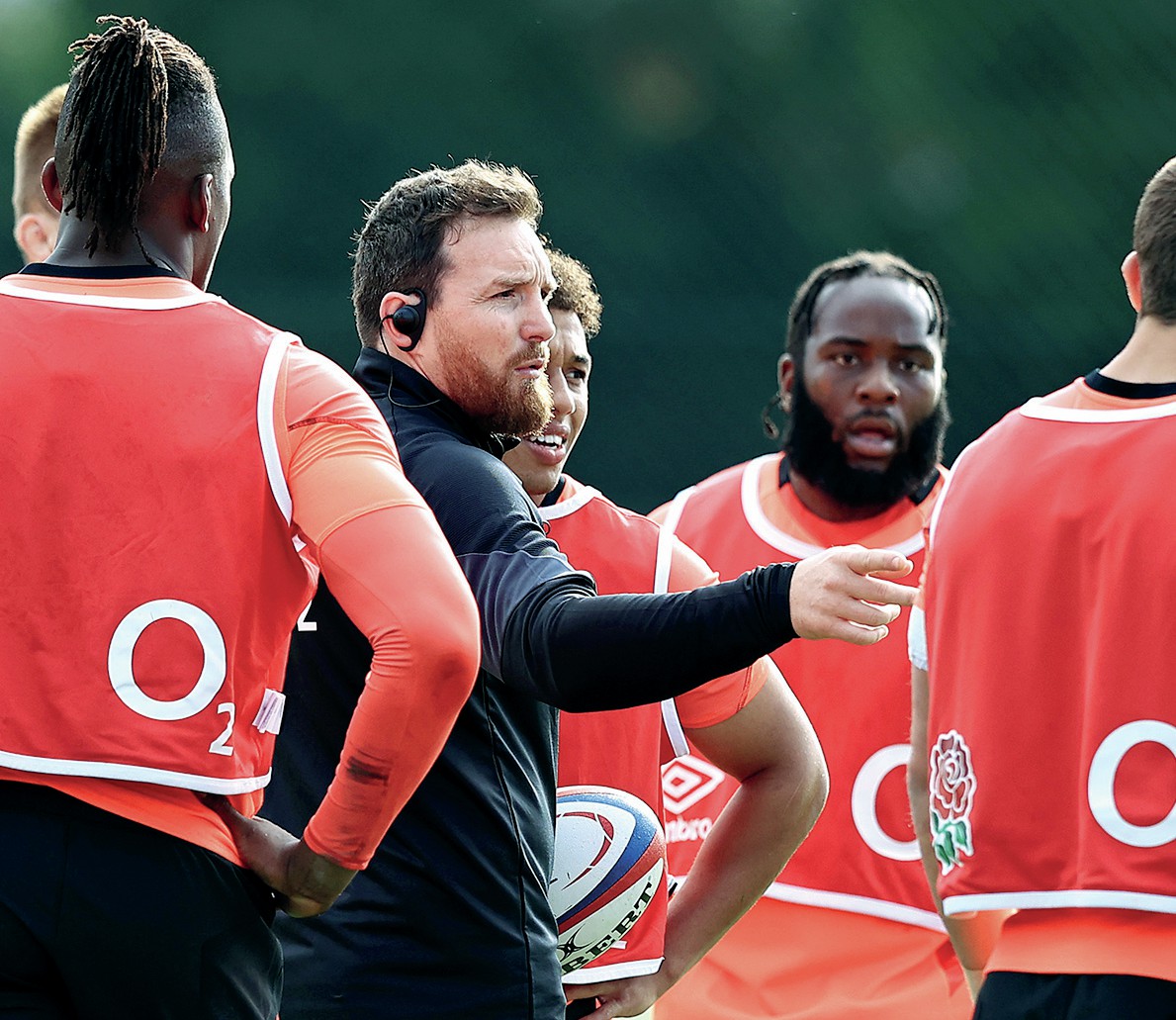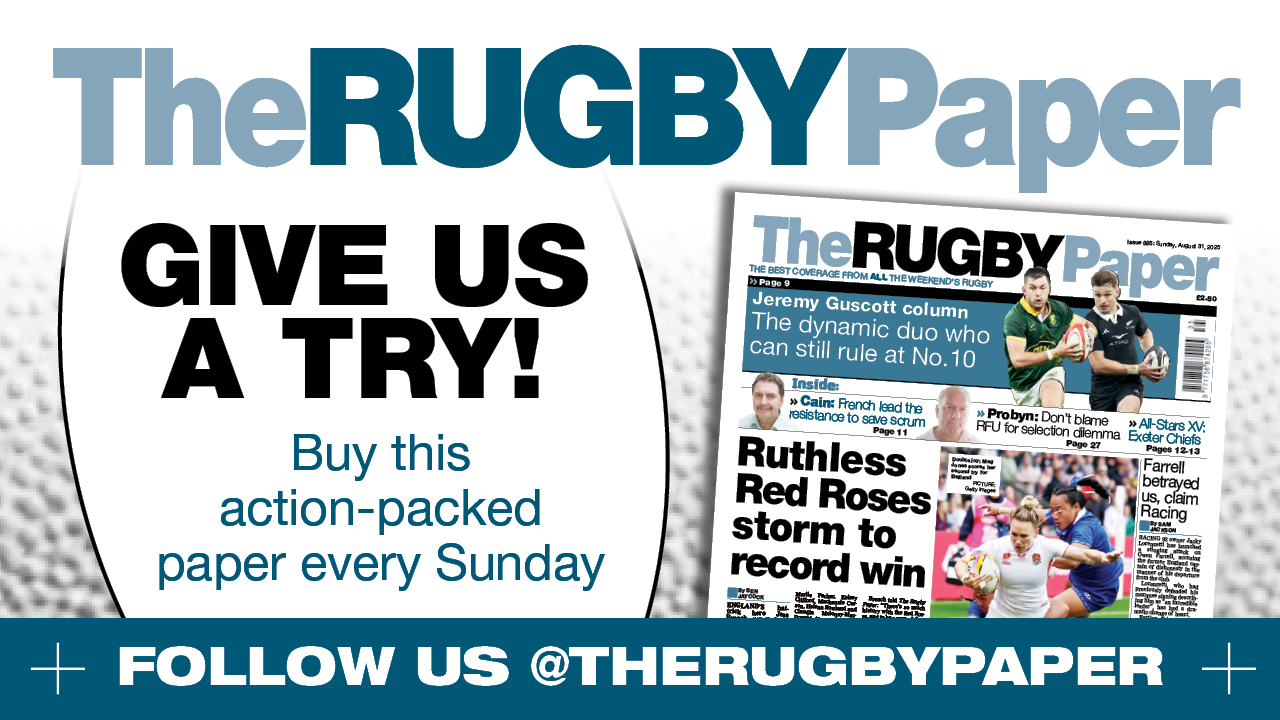Jeremy Guscott
Gleeson can bring new dimension to England
More in Jeremy Guscott
-
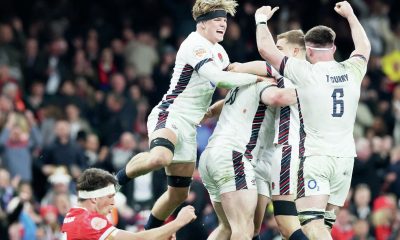

Jeremy Guscott: Foursome! I can’t pick out a winner for Six Nations
Based on where England have gone since the last year’s Six Nations fixture against...
-
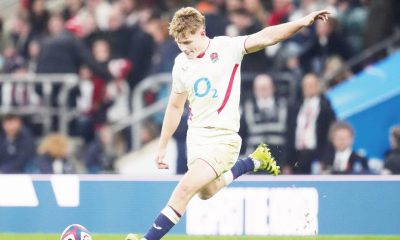

Jeremy Guscott: A fit Fin Smith gets my vote for the No.10 role with England
England’s 9-10 combination of Alex Mitchell and George Ford were at the heart of...
-
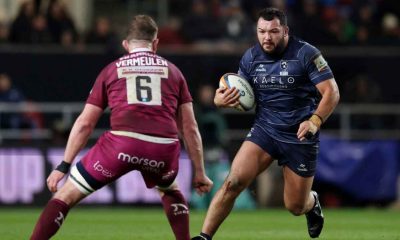

Jeremy Guscott: It’s time for Bristol Bears to stand up and deliver
When you’re shipping 49 points, as Bristol Bears did against the Bulls in Pretoria...
-
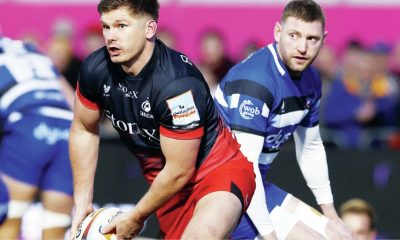

Jeremy Guscott: Mark McCall’s challenge – to create another dynasty
We don’t often hear Mark McCall making comments about a lack of “attitude and...

